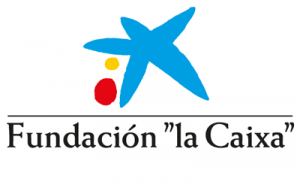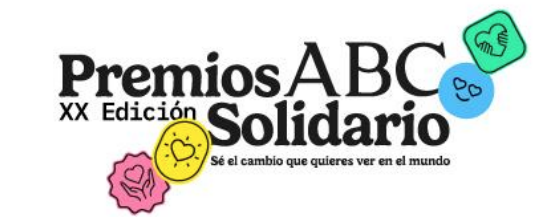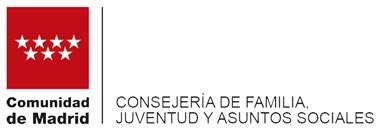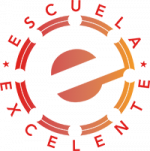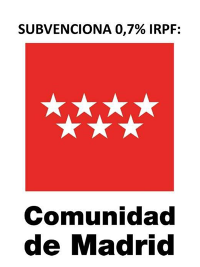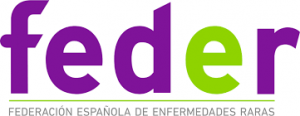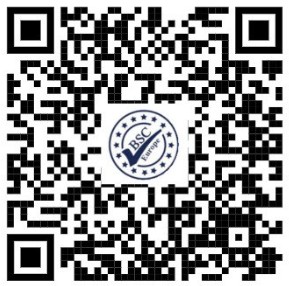

We are a non-profit organization founded in 2016 that is totally dedicated to the education, research, dissemination, and social awareness of children with special educational needs resulting from neurological disorders, particularly those with developmental language disorder (DLD).
Thousands of Spanish families are discovering that their child has language or comprehension disorders. In many cases, no diagnosis will be made. At times, they may be diagnosed with a rare condition. More traditional diagnosis and treatment of more common illnesses will also be available.
The diseases we’re referring to have a variety of causes, many of which are unknown, but they all have one thing in common: the child has a linguistic disorder. From mild pathologies that manifest as difficulty with speech, comprehension, writing, or socialization to major pathologies that isolate the individual. The disorder is usually associated with epilepsy or epileptic diseases.
In addition to developmental and language challenges, children who face everyday educational and social prejudice find language, memory, communication, and full social integration “mission impossible”.
The Fundación Querer’s goal is to encourage the formation of multidisciplinary teams capable of diagnosing and researching neurological disorders related to language from a clinical, pharmacological, neurological, and educational standpoint.
Fundación Querer has an inclusive and progressive vision. Our purpose is to gather under one roof education, research, communication, and any institution with a genuine interest in understanding the brain, uncommon neurological disorders, and epilepsy.
Fundación Querer is a non-profit organization that promotes equality and equity via equal opportunities, equity in life treatment, and diversity through difference. We think that all children should receive a personalized education.

THE BOARD
The Board of Trustees of Fundación Querer is made up of distinguished individuals who provide their time and knowledge to the organization in a selfless and philanthropic manner.
None of the members of the Fundación Querer’s board of advisory committees receives or has received any financial or other sort of remuneration for their work for the foundation.
The members of the Board of Trustees are as follows:
Pilar García de la Granja- president
Antonio Camuñas – vice president
Máximo Musolino – vice presidente of finance
Tiana Everitt del Castillo – event coordinator
Daniel Calamontes – manager of aid and scholarship
Fernando Encinar
Diego Arria
Fátima Bañez
Rosa Bernal
Juan Matji
Antonio Vila
Javier García Gomorro
Francisco Vega
Michele Safra
Warren Lamert
Julián Isla
Secretary: Francisco Vega
The committee members are as follows:
Scientific Advisory Committee

Pilar García de la Granja
President

Julián Isla
Board
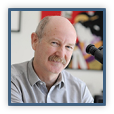
Dr. Rafael Yuste
Spanish neurobiologist who founded the BRAIN project, which stands for Brain Research Through Advancing Innovative Neurotechnologies, or “Brain Research Through the Advancement of Innovative Neurotechnologies.”
Columbia University’s Brain Institute and Yuste Lab director. Columbia University’s Professor of Neuroscience.
Visiting researcher at the Allen Institute for Brain Science in Seattle since 2012.

Dr. Pablo Lapunzina
Scientific Director of CIBERER and Coordinator of the Institute of Medical and Molecular Genetics at La Paz University Hospital.
PhD in Embryo-fetal Medicine and Master in Molecular Genetics from the University of Buenos Aires. Doctor of Genetics at Buenos Aires and afterwards at the Hospital Universitario La Paz in Madrid.

Dra. Mª José Mas
Neuropediatrician, head of the Neuropediatric Unit at Tarragona’s Xarxa Sociosanitaria Santa Tecla.
Pediatric and neuropediatric expert with a master’s degree in Neuroscience and Behavioral Biology.
Currently working as a postgraduate professor at a number of Spanish universities.
She was awarded the Bitácoras Award for the best Health and Scientific Innovation blog in 2016.
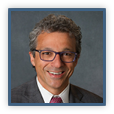
Dr. Álvaro Pascual-Leone
Neurology professor at Harvard Medical School. The Center for Non-Invasive Brain Stimulation’s director.
Spanish professor of neurology at Harvard Medical School since 1997.
Director of the Center for Noninvasive Brain Stimulation and associate director of the General Clinical Research Center at Beth Israel Deaconess Medical Center in Boston

Dr. Antonio Gil- Nagel
Director of the Epilepsy Program at Madrid’s Ruber Internacional Hospital.
International reference in the care and research of epilepsy, especially in diagnosis, localization of the epileptic focus and selection of candidates for refractory epilepsy surgery.
Neurology specialist at Hospital 12 Octubre.
Epilepsy Specialist, Minnesota
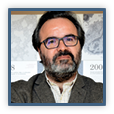
Dr. Lluis Montoliu
Researcher at the National Center for Biotechnology (CNB)’s Higher Council for Scientific Research (CSIC) and the Center for Networked Biomedical Research in Rare Diseases (CIBERER) of the Carlos III Health Institute.
He has been an honorary professor at the Autonomous University of Madrid for the past 20 years (1998-2018), and he has been the Director of the European Mutant Mice Archive’s Spanish node (EMMA-Infrafrontier) since 2007.

Dr. Wolfram Hinzen
ICREA research professor at the Department of Translation and Language Sciences at UPF.Member of the FIDMAG Neuroimaging Unit of the Benito Menni Hospital in Sant Boi de Llobregat.
Founder of the Grammar & Cognition research group focused on the study of language patterns in cognitive disorders such as autism, Huntington’s disease or schizophrenia.

Dr. Steven Wolf (MD, FAES)
Director of the Pediatric Epilepsy Unit at Boston Children’s Health Physicians of New York and Connecticut, as well as at Westchester Medical Center’s Maria Fareri Children’s Hospital. New York Medical College’s clinical professor.
Recognized as an epilepsy expert. He is board-certified in Pediatrics, Epilepsy, Clinical Neurophysiology, and Neurology, with a focus on Child Neurology. Tuberous sclerosis specialist.

Nurse Patricia MacGoldrick (NP, MSN, MPA, FAES)
from the Boston Children’s Health Physicians of New York and Connecticut, as well as the Maria Fareri Children’s Hospital at Westchester Medical Center. New York Medical College Clinical Professor.
Columbia University master’s degree in nursing, Beth Israel and St. Luke’s-Roosevelt training in neurology and epilepsy. New York University’s Master of Public Administration (MPA). The Epilepsy Foundation of Greater New York honored her with the Epilepsy Hero Award, and the National Association of Child Neurology Nurses awarded her with the Nurse Practitioner Excellence Award. Tuberous sclerosis specialist.
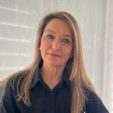
Dr. Virgina Soler Virgil
HM Puerta del Sur University Hospital’s Medical Director. Pediatrician at HM Hospital as well as other hospitals in Buenos Aires, Argentina. Pediatric intensive care specialist. She worked in the La Paz University Hospital’s Pediatric Intensive Care Unit. She is also a Collaborating Professor of Pediatrics at CEU San Pablo University’s Faculty of Medicine
The Economic Committee
President: Massimo Musolino
José María Arribas
Francisco Fernández
The Neuroeducative Committee
President:Antonio Camuñas
Tomás Ortiz Alonso
Luz Rello
Joaquin Serra
Gerard Guiu






